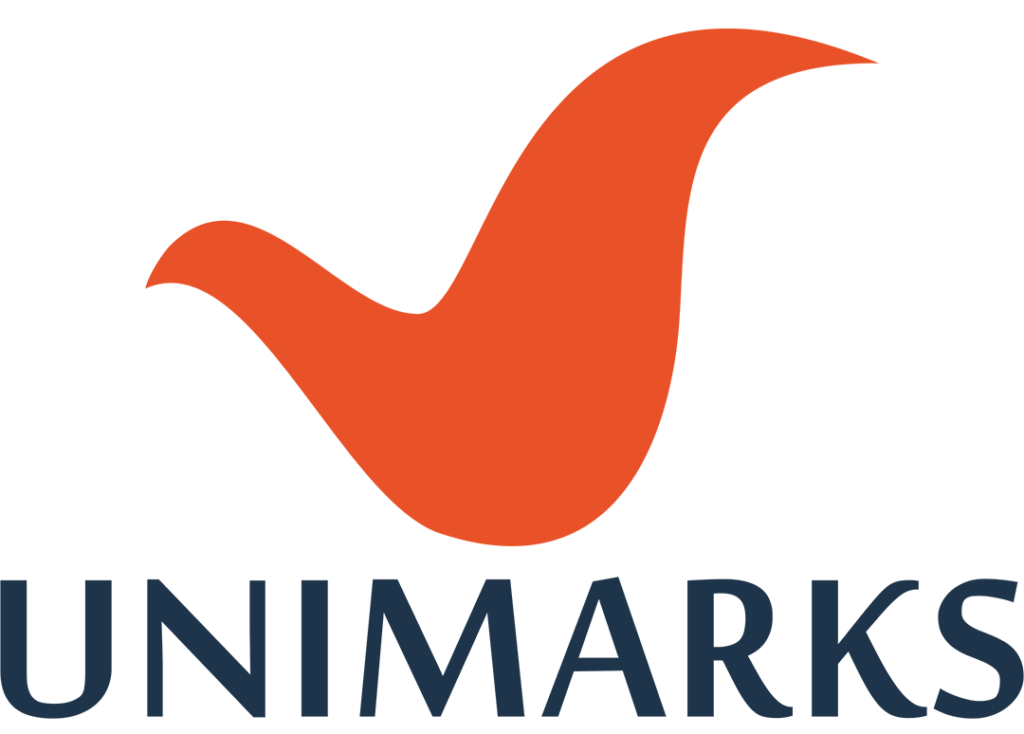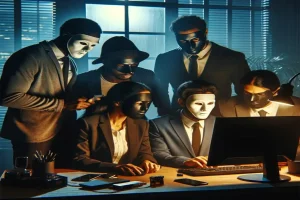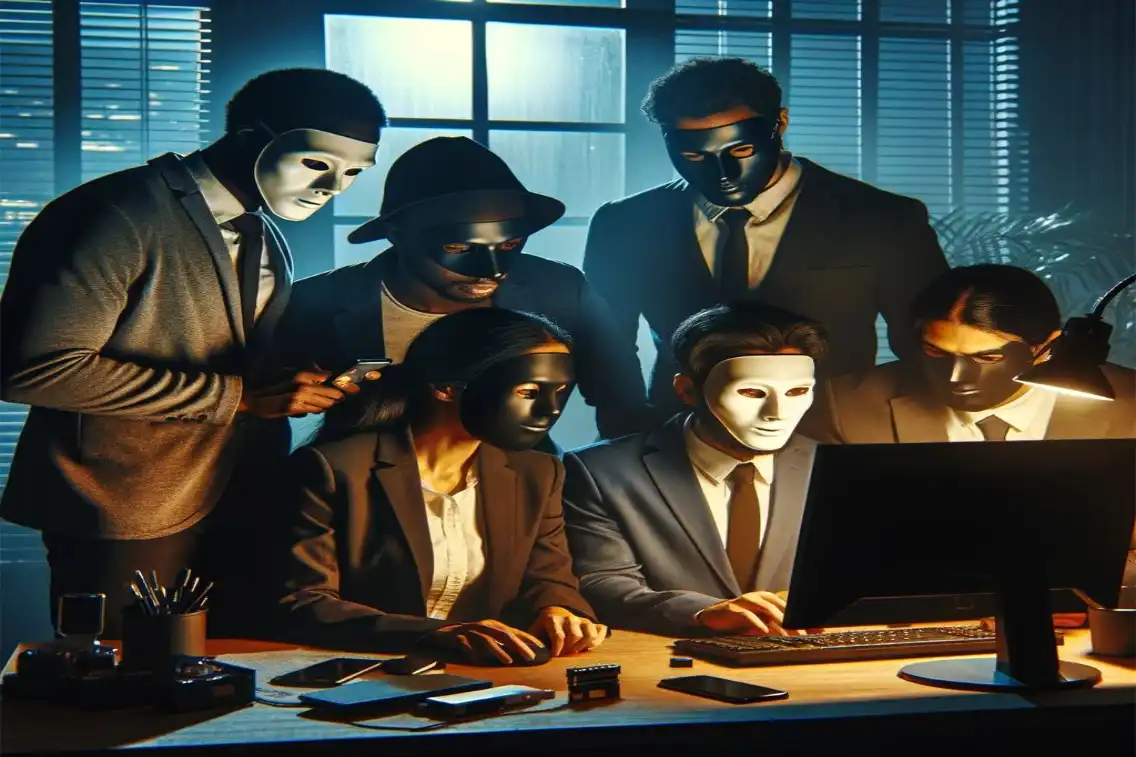Copyright is simply the legal rights granted to the owner of the intellectual property. This gives the original creators of the products the full authorization and exclusive right to reproduce their work in different platforms. The Copyright Act, 1957 grants a distinctive bundle of exclusive rights in favor of the copyright owner. This article will explain all the rights granted to the owner with respect to the Copyrights Act, 1957.
When it comes to copyrights there are 6 different types of “works” which are recognized under the Copyright Act, 1957:
–> Literary Works – Books, articles, databases, poems, lyrics, and codes computer programs/software, etc.
–> Artistic Works – Labels, sketches, maps, paintings, drawings, etc.
–> Dramatic Work – Any piece of recitation, choreographic work, scenic arrangement which is fixed in writing, etc.
–> Musical Work – Musical composition which may be void of graphical notation etc.
–> Sound Recordings – Recording of a musical composition any suitable medium etc.
–> Cinematography Films – Essentially a visual recording and includes a sound recording, etc.
Now let’s what are the exclusive publishing and reproducing rights a copyrights owner will get and all the works that it will come under:
1. Reproduction and Storage including in electronic form: No one other than the owner of the copyrighted work is allowed to make any sort of copies or even reproduce the same exact work for that instant. One of the exclusive rights a copyright holder possesses is the right to reproduce or make copies, phone records of his protected work. The works that come under this right are,
–> Literary Works
–> Musical Works
–> Artistic Works
–> Dramatic Works
–> Computer programs
–> Cinematograph film
–> Sound recording
2. Issue copies (distribution): The distribution right which are granted to the specific copyright holder grants the exclusive rights to make a work available to the public for sale, rental, lease. The copyright holder could prevent the distribution of any unauthorized copies of his work. The works that come under this right are,
–> Literary Works
–> Musical Works
–> Artistic works
–> Dramatic Works
–> Computer programs
3. Performing in public: This is a right which is usually verged on a performer to obtain prior consent from the owner of the copyrights to the exploitation of his performances and on a person, who is holding the recording rights which is in relation to performance. Performance rights are fairly independent relating to any works which could be performed. But the works that come under this right are,
–> Literary Works
–> Musical Works
–> Dramatic Works
4. Communication to the public: An author gets exclusive rights which enables him to authorize or prohibit any sort of communication to the public about their works, by wire or wireless means which include the making the work available to the public in such a way that members of the public may access them from a place and at a time individually chosen by themselves. The works that come under this right are:
–> Literary works
–> Musical Works
–> Artistic works
–> Dramatic works
–> Computer programs
–> Sound recordings
–> Cinematograph Films
5. Translation: Copyright subsists in all original work of the authorship that is to be fixed in a tangible medium of expression. If the author authorizes the translation, the author owns the copyright in the translation since the translation is a work that is simply meant for hiring. The works that come under this right are:
–> Literary Works
–> Musical Works
–> Dramatic Works
–> Computer program
6. Adaptation: Adaptation is simply the work that is the same as the actual original work although there may be a change in the format. The derivation is simply based on the original work but is different from the incorporates as an original contribution from its actual creator. Such work is entitled to be protected under this copyright law. The works that come under this right are:
–> Literary Works
–> Musical Works
–> Dramatic Works
–> Artistic Works
–> Computer program
7. Sell / Rental: If the creator decides to sell the entire copyright to another person or to a business, that buyer becomes the copyright owner of the work. Copyrights could be bought or sold from one person to another with the owner’s consent, the concept is similar to other property rights like real property, personal property, or rights under a contract. The works that come under this right are:
–> Computer programs
–> Sound recordings
–> Cinematograph Films







